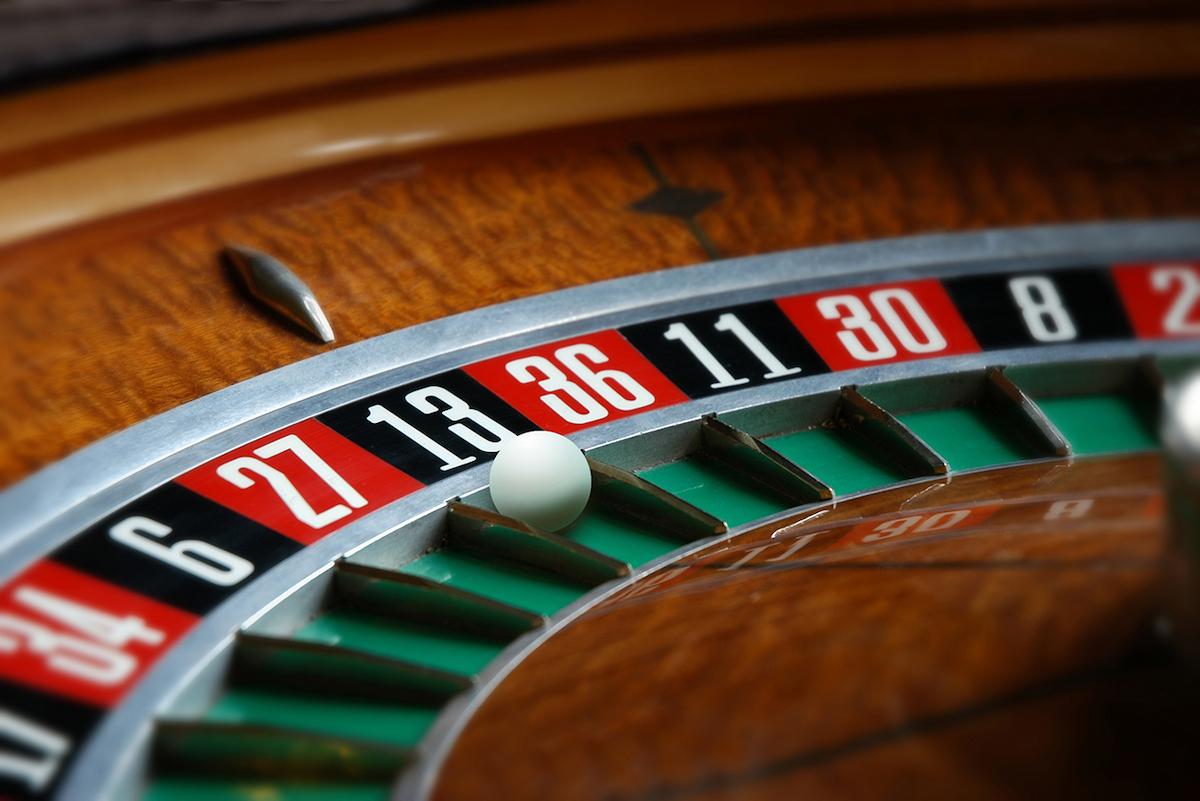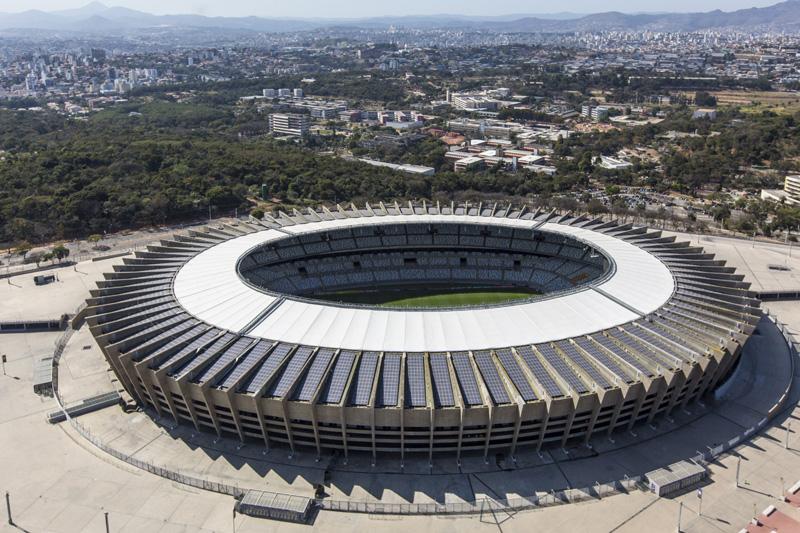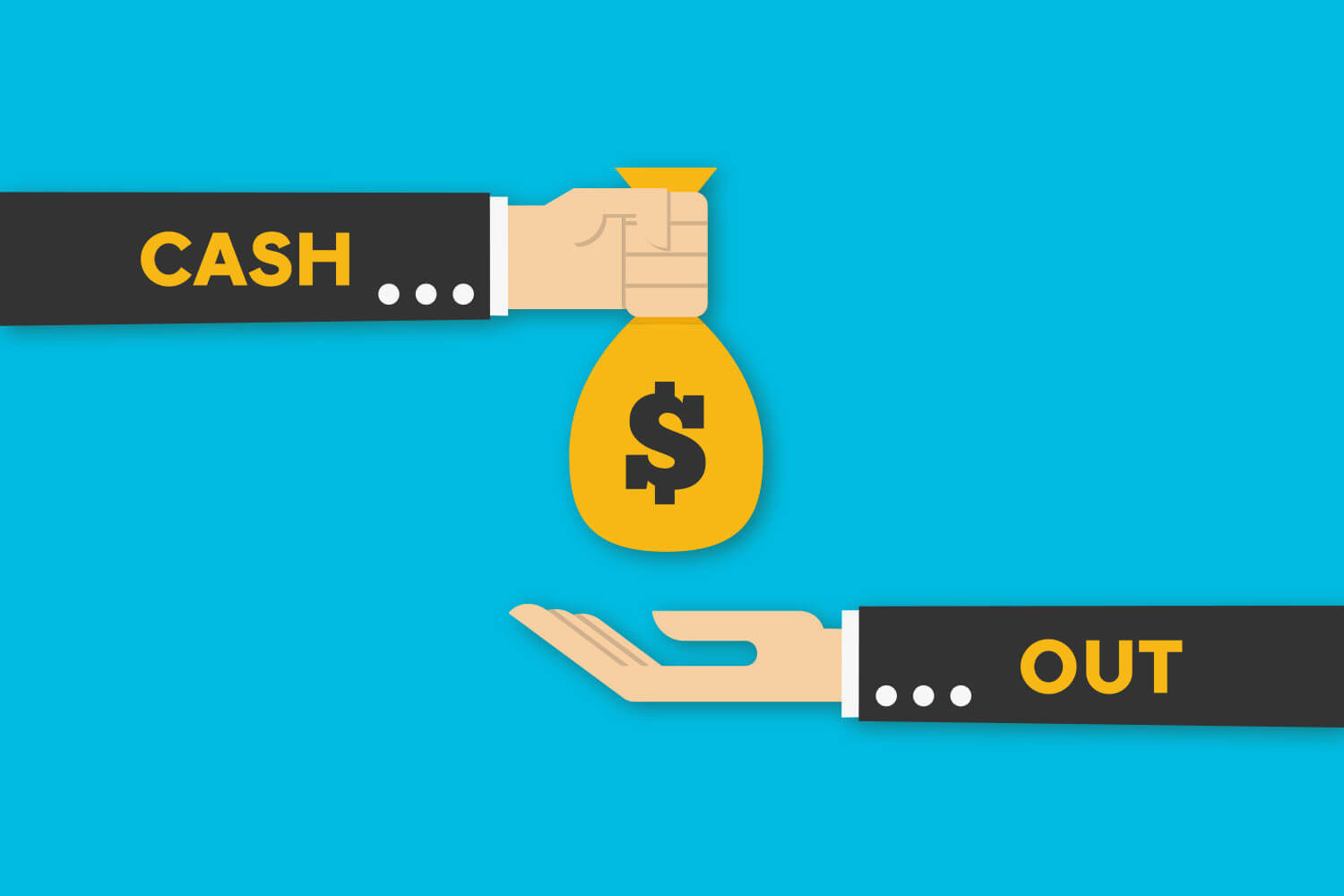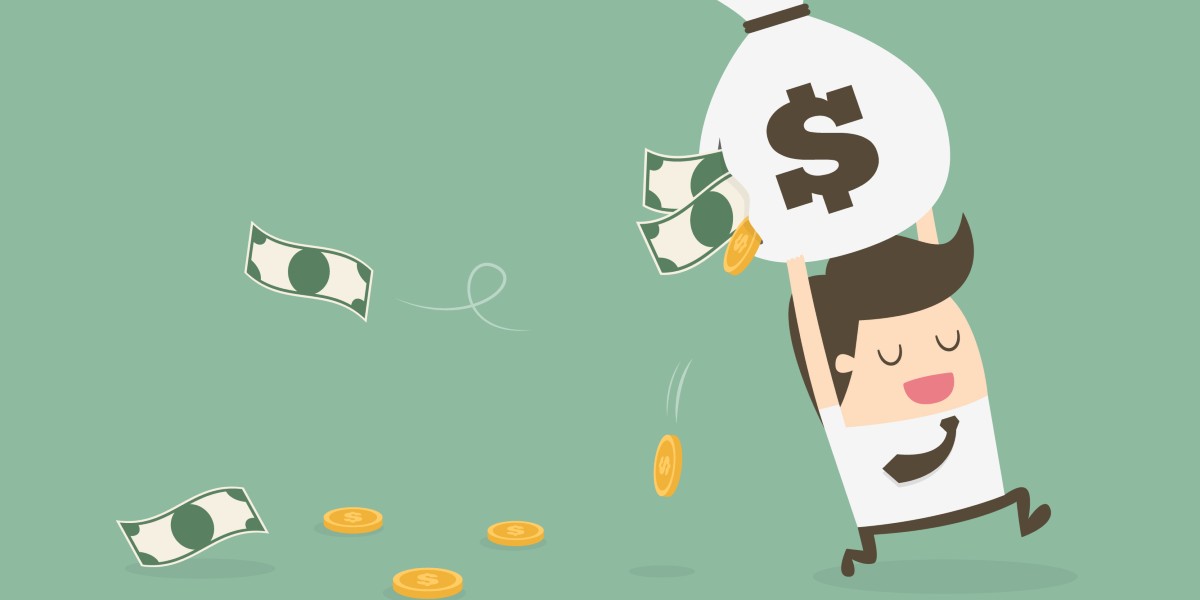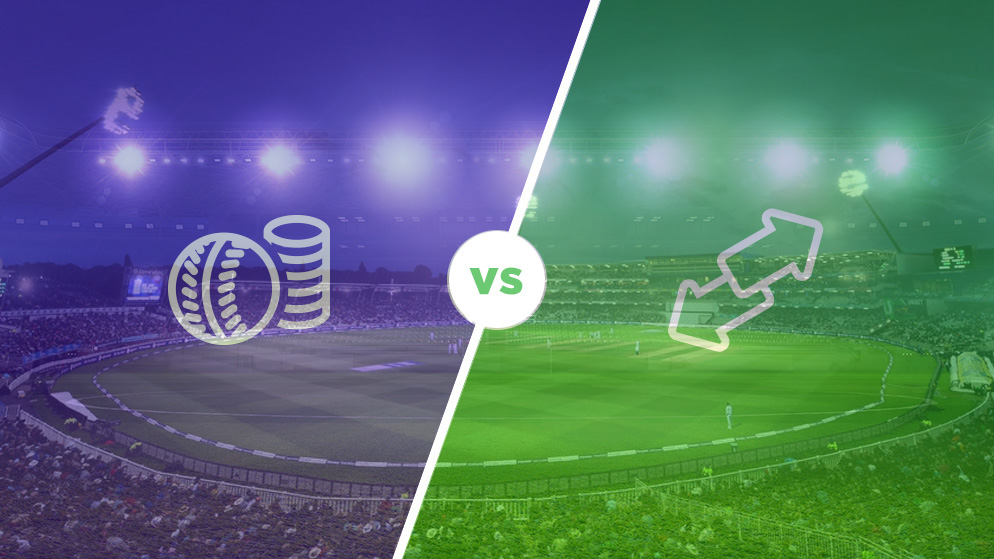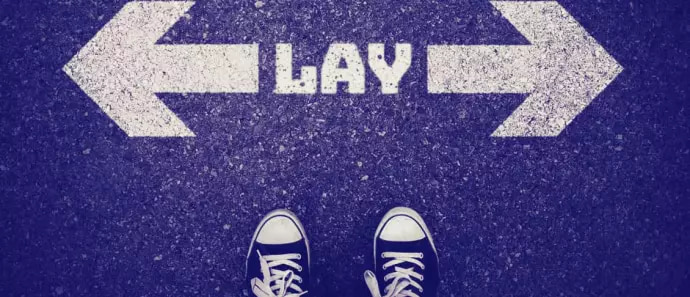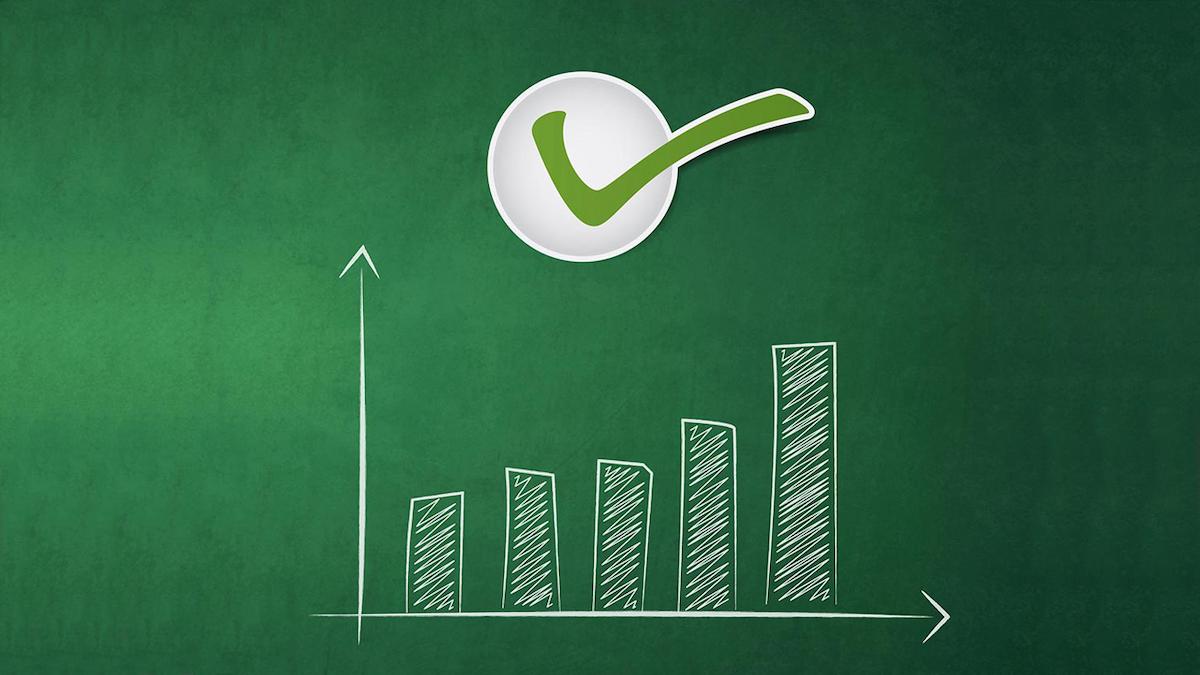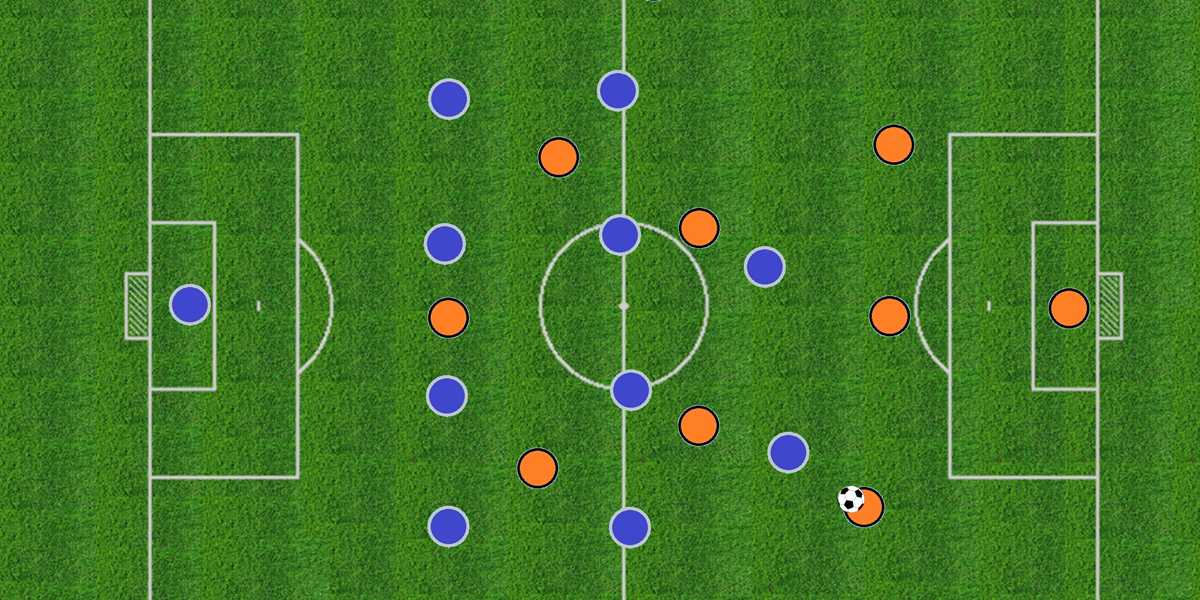Creating an Effective Tax System for Sports Betting
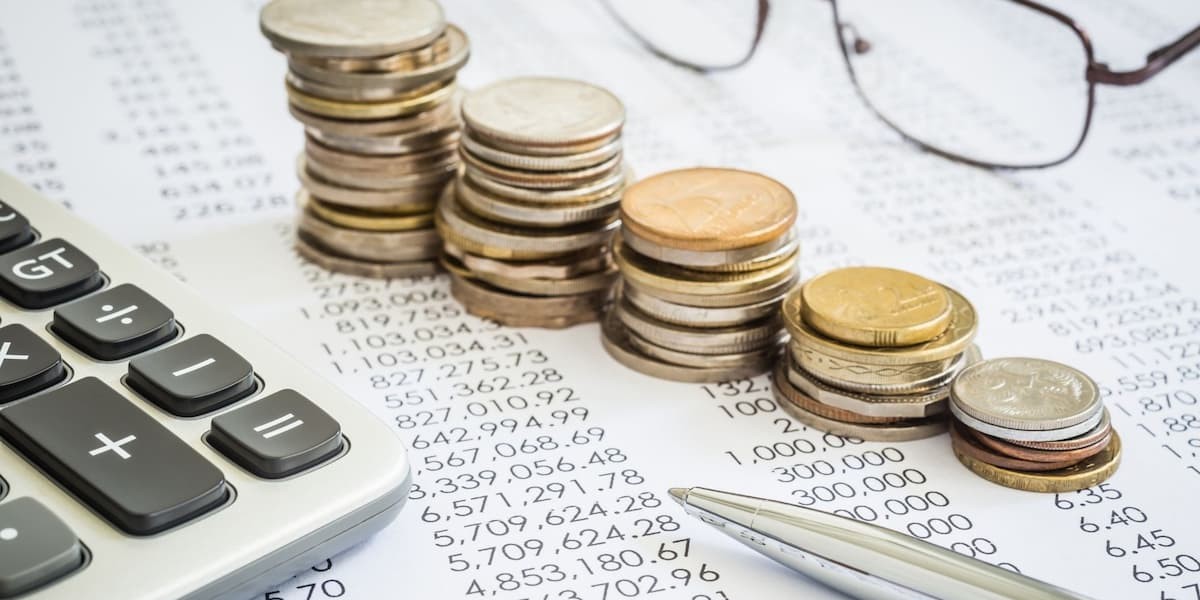
The Irish Sports Betting Law has become a tangible truth, with projections indicating its complete operationalization within the nation by the year 2020.
The regulation regarding this specific type of game, however, gives rise to concerns and uncertainties. This particular subject brings forth numerous practical, legal, and economic inquiries.
The initial version of the gambling regulation decree has been published by the Irish Government, providing clarification on certain uncertainties but leaving others unresolved.
An ongoing concern pertains to the licensing system in Ireland.
Currently, the structure of the Irish license for sports betting remains uncertain, leading to feelings of apprehension.
Experts have engaged in extensive discourse regarding the matter, placing significant emphasis on three crucial aspects.
- Channeling fee
- Tax rate
- Tax revenue
In this article, we delve into this ongoing discourse and elucidate the impact of these factors on the development of the licensing system in Ireland.
Top Betting Website s to Check Out
- Enjoy a full bonus of up to €200, providing you with a fantastic opportunity to boost your winnings and enhance your gaming experience.
- Enjoy a full bonus of up to €600, giving you a fantastic boost to your gaming experience!
- Deposit up to €50 using the convenient PIX payment method.
- Get a 100% bonus of up to €1,200.
The Comparison Between Channeling Fee and Tax Rate
In order to grasp the concepts discussed above, it is necessary to have a clear understanding of what a licensing system entails.
When a nation opts to establish regulations for sports betting and other forms of gambling, it gives rise to the development of a legislative and tax framework.
This model must take into account various factors, including the tax rate imposed by the Government on betting operators.
These corporations are required to make payments in order to acquire the license within the nation.
Furthermore, they are obligated to remit monthly taxes to the authorities for the functioning of the gaming activities.
These taxes may apply to the overall income generated by gambling establishments, encompassing both the awarded winnings and their net profits.
The gambler is another aspect that needs to be taken into account.
In a licensing scheme, it is in the Government's best interest to have all national gamblers exclusively wagering on authorized online platforms within the nation.
That's when the idea of a channelization fee comes into play.
What does the Channelization Fee entail?
The channelization rate indicates the proportion of gamblers who choose to wager on authorized online platforms within the nation, rather than engaging in unlawful betting activities.
To provide a clear explanation, let's consider an illustrative scenario. Assume the stated sums were wagered in the country of Ireland:
- An impressive sum of 500 million Irish Reais invested in real estate properties granted legal status. in Ireland
- €50 million Unapproved online platforms in Ireland.
When we calculate everything, the amount of money that Irishs have wagered adds up to a grand total of € 550 million.
If we calculate the quotient of 500 divided by 550, the resulting channeling rate would be 90%.
Consequently, the majority of bettors from Ireland, amounting to 90%, would place their bets on authorized online platforms.
The greater this rate, the more advantageous!
This implies that gamblers have followed the guidelines by using Website s authorized to participate in sports betting within the country's borders.
A research undertaken by experts from Copenhagen Economics revealed that the sole method to accomplish a full 100% channeling is by refraining from imposing fees on these operators.
This would reduce the expenses for these businesses, allowing them to provide a superior product.
Simultaneously, it would generate greater curiosity among individuals with a desire to obtain a license.
Implementing a zero percent interest rate presents challenges for the Government as it would result in a complete depletion of the country's tax revenue.
If this occurs, it negatively impacts state finances, rendering the funding and viability of national sports betting unattainable.
How do taxes impact the rate of channelization?
In order for the government to guarantee the sustainability of a licensing system, the tax amount should exceed zero.
The issue lies in the necessity of achieving a harmonious equilibrium in tax rates. Excessively high taxes have the potential to negatively impact residential properties over an extended period.
When this occurs, businesses frequently opt against engaging in the process of obtaining licenses. Consequently, they consequently stay on the periphery of the authorized framework.
The channelization rate is reduced when gamblers can operate in non-compliant ways, which keeps them "outside the law."
Therefore, Ireland's primary objective at present is to establish an equitable regulatory framework that encompasses all stakeholders, enabling:
- May the authorities possess tax revenue In order to do this, players need to place bets on Website s that hold a license from Ireland.
- To ensure a pleasant and satisfying experience, it is crucial for betting houses to be financially viable and capable of providing a diverse range of services to their customers. quality platform , keeping the players engaged within authorized establishments.
The Correlation Between Tax Revenue and Tax Rate
According to the research carried out by Swedish scholars, it was determined that an optimal tax rate of 15% is necessary to effectively promote channeling.
After conducting a thorough comparative research analysis across various legalized international markets, it became feasible to ascertain this particular percentage.
Initially, the deduction was made that the channeling would be adversely affected by any tax rate exceeding 0%.
Notwithstanding, there have been discoveries of nations that have achieved success in implementing elevated taxation rates on sports betting.
In 2016, an instance from the United Kingdom emerged, showcasing the tax rate within their licensing system set at 15%.
The rate of channeling has soared to an impressive 95%!
Simultaneously, the investigation discovered that a tax rate lower than 15% does not automatically indicate increased channeling.
It is crucial to consider the percentage of tax rates, which are utilized to determine the specific amount of a particular tax.
Hence, the authorities must provide enticing incentives to gambling establishments to prevent their departure from the licensing framework.
The study mentioned above suggests that licenses exceeding 20% rates often lead to unsuccessful outcomes, primarily because of the following contributing factors:
- Tax rates exceeding 20% act as a deterrent for betting operators.
- Betting companies entice their customers to stray from the authorized framework.
- Despite the imposition of elevated tax rates, the sanctioned "consumption" of gambling experiences a decline.
- The State receives less tax revenue when the channeling rate is lower.
If Ireland imposes a licensing requirement with a burdensome tax load on betting firms, it is highly probable that they will display disinterest.
Large corporations would not have the capability to provide favorable betting ratios. Conversely, smaller enterprises would encounter significant challenges in maintaining their operational sustainability.
The illegal market may witness a substantial influx of bettors.
Various factors influence the rate at which channelization occurs.
Ensuring that betting houses pay their fair share of taxes is just one of the necessary measures that the Government should implement.
This would enable businesses to decrease their operational expenses, thereby enabling them to prioritize additional costs imposed by legalization.
The operators conduct a thorough evaluation of all expenses they will be responsible for. It is only by completing this evaluation that they can ascertain whether obtaining a license is a worthwhile endeavor.
in Ireland, apart from the tax load, individuals would also need to handle the following:
- Restrictions within marketing and advertising endeavors.
- Developing a compliance system with the goal of organizing an integrity system in connection with its activities.
- The upfront and recurring expenses associated with obtaining the license.
Inspirational Licensing Models
In 2016, approximately 14 European nations possessed an authorized market for sports betting. Within this group, the countries most pertinent to Ireland include:
- UK
- Denmark
- Italy
- Spain
- France
- Portugal
According to Copenhagen Economics, at that time, both Portugal and France had the highest tax rates among all the countries.
| Country | Tax Rate | Channeling Fee |
| UK | 15% | 95% |
| Denmark | 20% | 88% |
| Italy | 20% | 80% |
| Spain | 25% | 70% |
| Portugal | 41% | 52% |
| France | 45% | 52% |
After carefully analyzing the data presented in the table above, we can draw intriguing inferences.
Countries with a higher channelization rate tend to have lower taxation, as confirmed by the first one.
The opposite also demonstrates its validity.
In both Italy and Denmark, the tax burden on gambling is the same, but the level of channeling is higher in the Nordic country.
It is important to consider the amount of wagers made, as a general guideline.
Excessive taxation reduces consumer gambling activity.
Ultimately, they prioritize foreign operators, depriving the government of potential financial gains.
The population size of a country should also be considered.
The population of the United Kingdom surpasses that of Portugal, resulting in a higher number of individuals engaging in betting activities.
Copenhagen Economics conducted the aforementioned study, which involved interviewing 8 betting operators, all of whom possess licenses granted in the United Kingdom.
Approximately 50% function within the legal framework in Italy and Denmark, while Spain accommodates 2, and France only accommodates 1. Portugal, however, does not have any operating within its borders.
The interview uncovered a fascinating facet.
Every operator expressed a preference for licenses that involve the active participation of prominent industry players.
Based on the respondents' statements, this fosters a sense of competitiveness, leveling the playing field for all individuals within the nation.
Discover the lessons Ireland can glean from Portugal's experience with the legalization of gambling.
How will the licensing system in Ireland be structured?
The first draft of the decree of the new Gambling Law has been recently released by the Irish Government, shedding light on key aspects of the country's licensing system. Consequently, we have obtained valuable information regarding the regulations and framework surrounding gambling in Ireland.
- You will receive compensation for your work. a solitary amount of € 3 million To acquire the permit, which shall remain effective for nine years old renewable
- The licenses will be separated into distinct categories. 3 regimes "And they will be required to make monthly payments in order to keep their operations running."
- Physical regime – € 20 thousand monthly
- Online regime – € 30 thousand monthly
- Physical and online combination regime - €45 thousand monthly
- All businesses are required to possess a compulsory booking of € 6 million .
- A tax charge will be imposed. 5%The 7%regarding the gross revenue , removing the awards
The tax rate is favorable, being below the rates typically seen in countries such as Italy and the United Kingdom.
Nonetheless, enhancements can be made to achieve a remarkable channeling rate in Ireland, as alternative suggestions impose financial burdens on the operators.
Factors that might dissuade certain businesses from conducting lawful operations within the nation:
- The monthly payment
- The cost associated with acquiring the license
- Mandatory reservations constitute necessary expenditures.
It is crucial to highlight that the conduct of gamblers must be considered in this undertaking.
If their desired betting platform doesn't acquire proper licensing or fails to provide appealing odds, numerous individuals may choose not to engage in legal betting within the country.
Conclusion
The Ministry of Economy in Ireland has high anticipation for the legalization of sports betting.
It is anticipated that within five years, the government will start generating approximately 6 billion Irish reais through tax collections, which is an ambitious but attainable projection.
Based on the analysis of economic specialists, the proportion of revenue to Gross Domestic Product (GDP) is anticipated to rise by 0.3%, reaching 0.5% of GDP.
However, for this expansion to become a reality, it is crucial that the licensing system in Ireland remains equitable and unbiased.
It is crucial for the Federal Government to create an appealing environment for both operators and gamblers in order to enhance the nation's allure.
There is a great deal of knowledge to be gained from studying different markets.
The Government has already expressed admiration for both the United Kingdom and Italy, citing them as significant sources of inspiration.
Denmark and Sweden are fascinating markets, particularly Sweden, which has emerged as a frontrunner in the fight against gambling dependency.
As previously stated, the majority of the information presented in this article stems from a study carried out in Stockholm by Copenhagen Economics.


